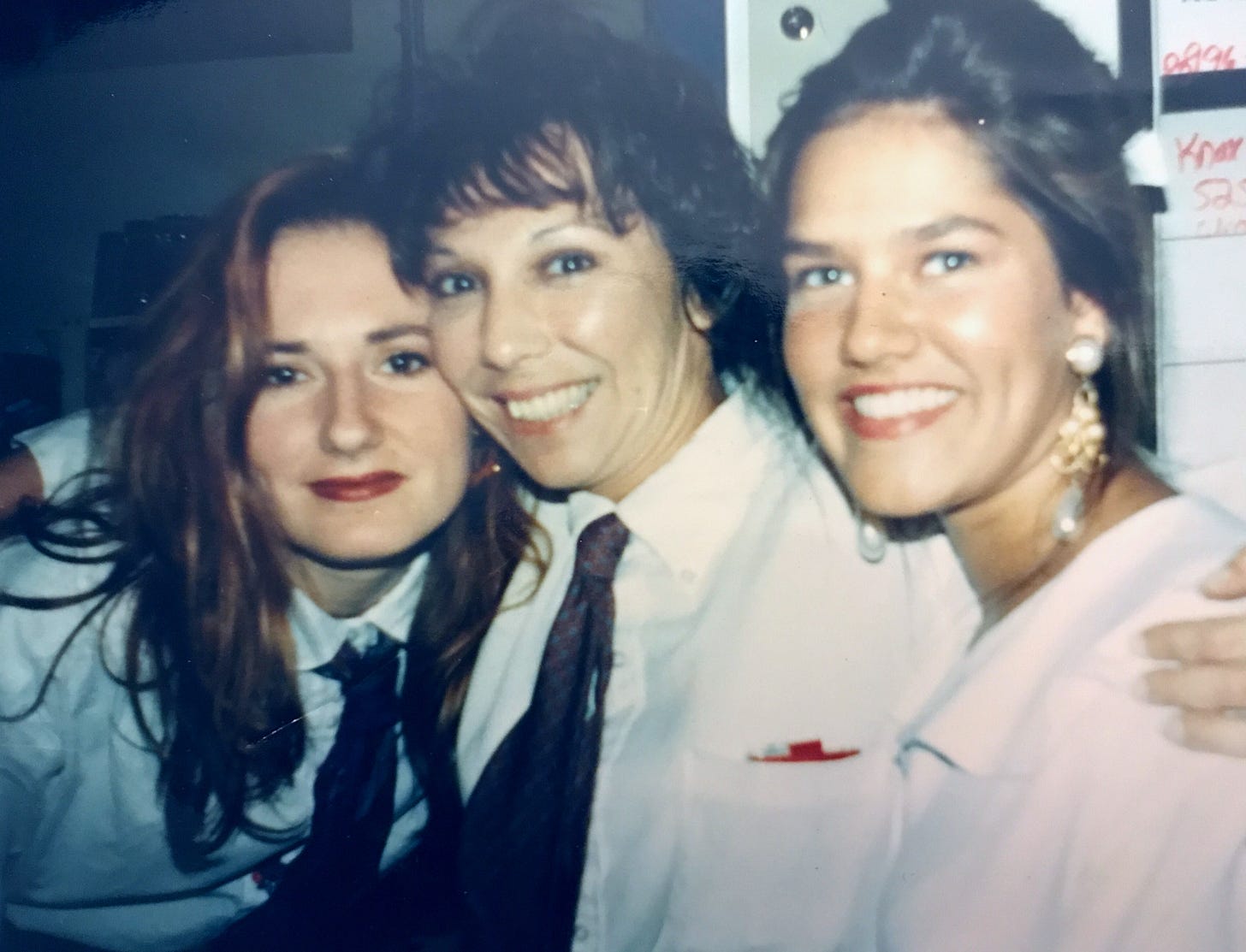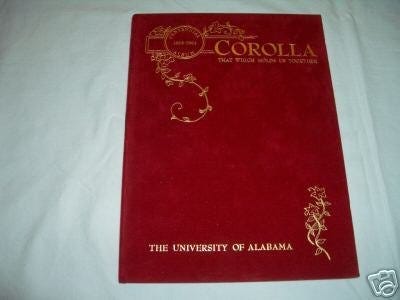The Highs, Lows, and Lessons of a Longterm Writing Career
More than 20 years in, some thoughts on the journey
Thank you for reading The Caffeinated Writer. In this post I talk about the long road to publication, the highs and lows of my writing career, my breakout novel, losing an editor, second life for “failed” books, and the lessons learned from a long writing career. If you like this post, you might enjoy reading On Becoming a Writer.
When I was in my early twenties, a couple of years out of college, living in Atlanta and working at a tanning salon for $5 per hour, I didn’t really think of myself as a tanning salon attendant. I thought of myself as a writer. Sure, my job was to wipe down tanning beds, but my goal was to publish stories and, eventually, novels.
I didn’t have much to show for my ambitions yet beyond a few dozen articles I’d written for my college yearbook, some newspaper clippings, and a special edition hardcover the University of Alabama had commissioned me to write to celebrate the 100th anniversary of the university yearbook, the Corolla, during my senior year.
How I ended up in Atlanta was a bit circuitious. Right out of college I moved to Knoxville, Tennessee to do a paid internship for Whittle Communications. My dream was to go to New York City and intern for a publisher, but I wasn’t in a position to do an unpaid internship. Publishing internships in New York were in those days reserved for the wealthy and well-connected. I had student loans, no money in the bank, and zero connections.
The Whittle Communications internship was amazing, with Silicon Valley style perks before Silicon Valley was known for them. The company provided not only a good salary, but also a free furnished two-bedroom apartment next door to the other interns who also had their own free two-bedroom apartments; free coffee, hot chocolate, and snacks in the break room; and free social events and live music in the building’s beautiful courtyard. (Two years later, Whittle Communications suffered a very public meltdown. As it turned out, they did a lot of things they couldn’t afford.)
After the internship ended I stayed in Knoxville and worked as a waitress before landing a job as a copywriter for an advertising agency. I had a corner office in a cool Mad Men-esque building, from which I wrote catalogue copy for Little League protective cups and the Schutt Air Helmet. It paid twelve dollars an hour, which felt like a windfall.

After a year at the advertising agency, I grew bored of copywriting and wanted a change. I wanted to write fiction. A kind woman, a young widow who loved the arts, had turned her home in Atlanta’s Buckhead district into a writers’ residence. This being pre-internet, I had found the listing through a magazine or newspaper — I can’t recall. I applied with a couple of short stories, and though I’d never published fiction, she invited me to live in her home. The other resident at the time was a graduate student from Dalian, China, who tried valiantly to teach me Mandarin, though I was a poor study and never got far beyond “hello” and “thank you” (a fact that did not dissuade me from living and working in Beijing a few years later.)
During that year in Atlanta, I had several odd jobs, including the position at the tanning salon. I also worked for several months as host for a cable access TV show called Buckhead Weekly, and I wrote a column for the associated monthly paper.
I spent the hours when I wasn’t at work writing fiction. I had what I suppose was an early version laptop — the Mac DuoDoc. It was designed to be paired with a desktop Mac and slid into a dock, but I didn’t have a desktop or a docking station. so I kept my stories on floppy disks. We have boxes of floppy disks in the basement, jumbled in with the old CDs and cassette tapes. I don’t imagine I’ll ever figure out how to resurrect those stories, and that’s probably for the better. I also wrote in notebooks. There was a grassy area where I liked to sit and write under a tree when weather permitted. Because it was Atlanta, there were busy roads on all sides. There were crawling bugs and flying bugs and creeping bugs and biting bugs. It was hot. And yet, I was happy, sitting alone under a tree, writing.
I also spent many hours alone in my downstairs bedroom, painstakingly writing short stories that had lots of longwinded description and almost no dialogue. I would print them, package them in manila envelopes, prepare the required SASE, drive to the post office, and send them out, then wait for the reply: almost always a rejection.
I didn’t consider the rejections a “no” to my dream of being a writer. These were not a hard stop. They were not even a mild deterrent. I considered those dozens of rejections part of the process and part of the game. And I did think of it as a game. I knew that eventually, someone would say yes.
First book
In 2001, seven years after I landed in Atlanta with a long-held dream of becoming a writer, my first book, a linked story collection called The Girl in the Fall-Away Dress, was published by University of Massachusetts Press. By then I had lived in several more cities and had many more jobs, and along the way I had picked up an MFA in Creative Writing; I attended the University of Miami on a James Michener Fellowship, which fully covered tuition and offered a stipend that allowed me to rent an apartment in North Beach without incurring further student loan debt.





